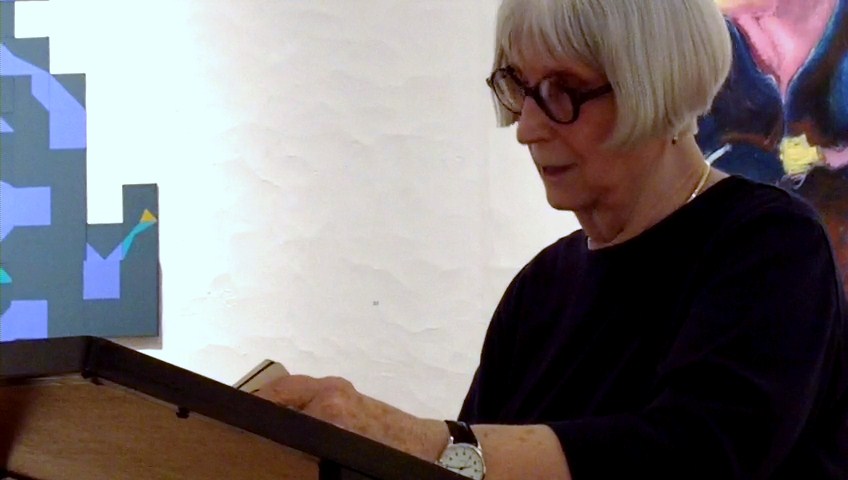The much anticipated longlist for the 2012 Man Booker Prize—the United Kingdom's most prestigious literary award, given annually for a novel—was announced yesterday. Unlike previous years, when more established novelists comprised the longlist, many of this year's twelve contenders are emerging authors. Four of the titles are debuts, and three were published by small, independent presses.
“Goodness, madness, and bewildering urban change are among the themes of this year’s longlist,” said Peter Stothard, chair of the 2012 judges and editor of the Times Literary Supplement. “We did not set out to reject the old guard but, after a year of sustained critical argument by a demanding panel of judges, the new has come powering through.”
The finalists include: Nicola Barker for The Yips (Fourth Estate), Ned Beauman for The Teleportation Accident (Sceptre), André Brink for Philida (Harvill Secker), Tan Twan Eng for The Garden of Evening Mists (Myrmidon Books), Michael Frayn for Skios (Faber & Faber), Rachel Joyce for The Unlikely Pilgrimage of Harold Fry (Doubleday), Deborah Levy for Swimming Home (And Other Stories), Hilary Mantel for Bring up the Bodies (Fourth Estate), Alison Moore for The Lighthouse (Salt), Will Self for Umbrella (Bloomsbury), Jeet Thayil for Narcopolis (Faber & Faber), and Sam Thompson for Communion Town (Fourth Estate).
The shortlist, which will include six finalists culled by the judges from the original twelve, will be announced on September 11, and the winner will be announced on October 16. Each of the shortlisted writers is awarded £2,500, and the winner receives £50,000.
Along with Stothard, the 2012 judges include Dinah Birch, Amanda Foreman, Dan Stevens, and Bharat Tandon. “To maintain the consistent excellence of the Man Booker Prize,” states the prize’s mission, “judges are chosen from a wide range of disciplines, including critics, writers and academics, but also poets, politicians, and actors, all with a passion for quality fiction.”
Finalist Hilary Mantel won the prize in 2009 for her novel Wolf Hall (Fourth Estate), the first in a trilogy of which her current long-listed title is the second installment. Julian Barnes won the 2011 prize for The Sense of an Ending (Random House).
Established as the Booker Prize in 1969, the annual award is given to residents of the United Kingdom, the British Commonwealth, and the Republic of Ireland for a novel published in the previous year. The next Man Booker International Prize, which is given biennially to a novelist from any country—and which Philip Roth last won in 2011—will be held in 2013.






 She also capped the 2011–2012 season for the Woodward Line Poetry Series, which runs from September through June. The decade-old series takes place in the century-old Scarab Club art gallery. The lower floor, where the reading took place, is an airy, brilliant white space with wooden floors. Wakoski read in front of a five-foot-long painting of a rooster and managed not to be upstaged.
She also capped the 2011–2012 season for the Woodward Line Poetry Series, which runs from September through June. The decade-old series takes place in the century-old Scarab Club art gallery. The lower floor, where the reading took place, is an airy, brilliant white space with wooden floors. Wakoski read in front of a five-foot-long painting of a rooster and managed not to be upstaged.